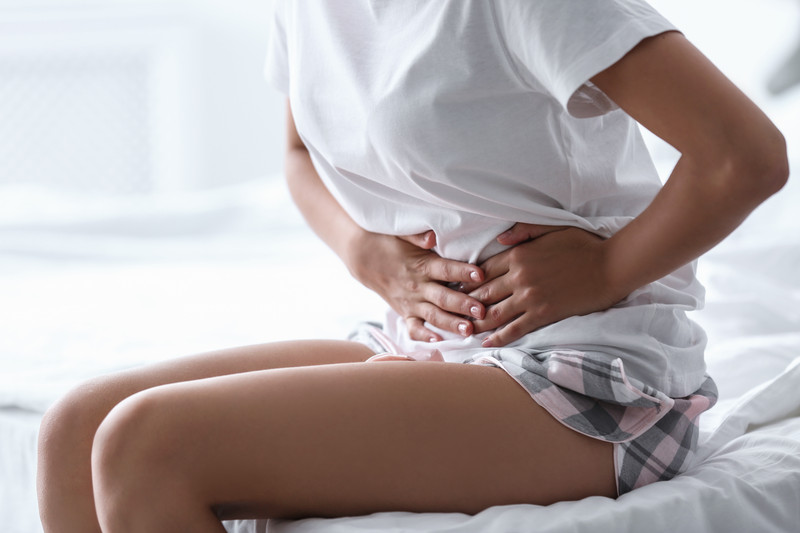March is Endometriosis Awareness Month, bringing to light a medical condition which affects the reproductive system of some women. In this blog, we take a look at the ramifications and treatment of endometriosis, and four supplements that can help address the causes and/or symptoms of the condition.
A Look at Endometriosis
Endometriosis is a condition wherein uterine-like tissue grows out of place within a woman’s body. This condition causes inflammation, resulting in pelvic pain in women before and during menstruation, due to hormonal changes in the body.
Other symptoms can also occur. These include abdominal pain and/or back pain, stomach upset, and heavy bleeding during menstruation. Endometriosis can also cause infertility. A minority of women with the condition experience no symptoms, and they might not ever know they have it until they find themselves unable to become pregnant.
Endometriosis is relatively difficult to diagnose because the symptoms are somewhat vague and line up with other conditions common to women. Therefore, some women don’t receive a diagnosis until they’ve seen multiple specialists.
Endometriosis treatment consists of measures to reduce symptoms and improve fertility. NSAIDs and hormonal medications such as birth control might be prescribed. In some cases, doctors will remove disruptive tissue via laparoscopic surgery.
4 Supplements for Endometriosis
Some dietary supplements have properties which can assist women with endometriosis, but they should not be considered replacements for proper medical treatment provided by licensed healthcare professionals.
Curcumin is the active ingredient in turmeric, and it is available as a stand-alone oral supplement. A 2020 study shows that the anti-inflammatory properties of curcumin could reduce inflammation related to endometriosis. It can also work against the adhesion and formation of adhesions which occurs from this condition. Other research shows that curcumin reduces the formation of unwanted epithelial cells by diminishing excessive estrogen production. Based on this research, a curcumin supplement could be useful in reducing the complications and progression of endometriosis.
N-acetylcysteine (NAC) is a form of the amino acid called cysteine, which is available as a dietary supplement. Research shows that NAC has effects on cell signaling and protein activity such that it could help reduce the effects of endometriosis on the body. It could even help to prevent a recurrence of the condition.
Alpha lipoic acid (ALA) is a substance found in the body and in nature, and it is a useful oral supplement. Studies show that anti-inflammatory and antioxidant effects of ALA can help reduce the biomarkersof the effects of endometriosis on a woman’s body. Other research shows that taking ALA can reduce the symptoms of endometriosis including pelvic pain, dyspareunia, and dysmenorrhea, and that it can also improve sexual functioning in women with endometriosis.
Omega-3 fatty acids from fish oil can reduce the production of molecules which contribute to inflammation. Research shows that regular long-term supplementation of omega-3 fatty acids correlates with a significantly reduced risk of diagnosis of laparoscopically-confirmed endometriosis in women. Other research shows this supplement can reduce the painful symptoms of endometriosis during menstruation.
If you or a close female family member have been diagnosed with endometriosis in the past, or are at risk of developing it, then consider how these four applicable supplements could be of help. It’s recommended that you always talk to your healthcare provider before taking a supplement for the first time.

